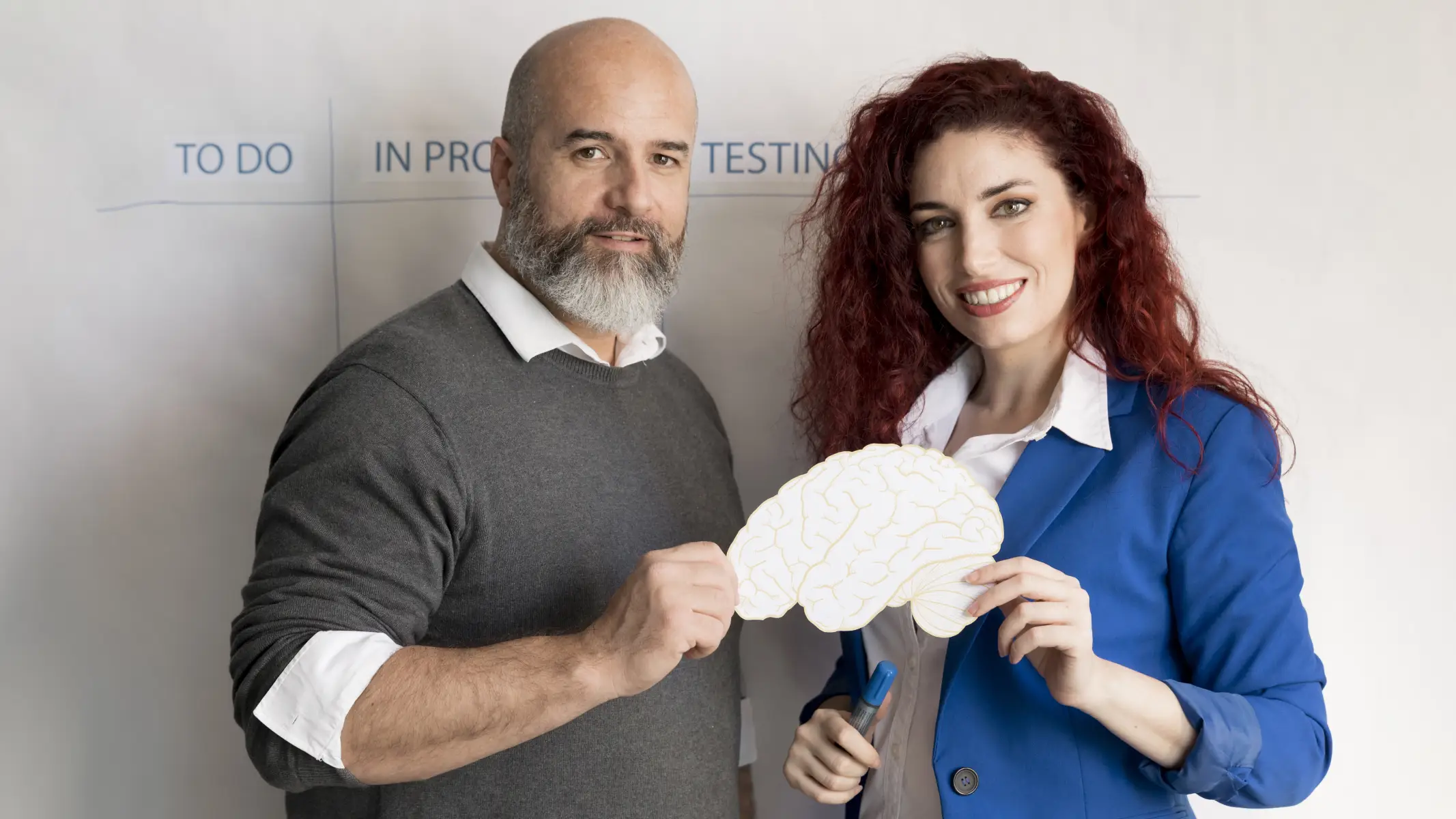Domestic abuse is a deeply troubling issue that impacts thousands of individuals across the UK each year. Beyond immediate physical risks, domestic abuse leaves deep-rooted psychological scars that can take years to heal. Victims commonly experience severe emotional trauma, anxiety, depression, Post-Traumatic Stress Disorder (PTSD), and long-term mental health challenges that profoundly alter their quality of life. Addressing these mental health consequences requires tailored therapy support for abused victims in the UK, not only to foster recovery but also to strengthen their case when pursuing legal action.
Psychological therapy plays a dual role for victims of domestic abuse—serving as a tool for emotional healing and as a means to provide essential medico-legal evidence in court cases. This article explores the mental health impacts of domestic abuse, the benefits of therapy support, and how psychological interventions are crucial in legal proceedings for victims in the UK.
The Psychological Impact of Domestic Abuse
Domestic abuse encompasses various forms of violence, including physical assault, emotional manipulation, financial control, sexual abuse, and coercive behaviour. Its consequences extend far beyond physical injuries—the emotional and psychological trauma inflicted by domestic abuse is often devastating and long-lasting.
Mental Health Challenges Faced by Victims of Domestic Abuse
- Post-Traumatic Stress Disorder (PTSD): Many victims develop PTSD as a result of chronic abuse. Symptoms may include flashbacks, nightmares, hypervigilance, and emotional numbing, making it difficult to function in everyday life.
- Anxiety Disorders: Victims frequently struggle with generalised anxiety, panic attacks, and overwhelming fears, particularly in environments or relationships that remind them of the abusive relationship.
- Depression: Prolonged abuse can lead to feelings of sadness, worthlessness, and hopelessness, often manifesting as long-term clinical depression.
- Low Self-Esteem and Shame: Emotional abuse and manipulation often distort a victim’s self-perception, leaving them with significant self-doubt, guilt, and shame, even when they were not at fault.
- Impact on Relationships and Trust: Victims may find it difficult to trust others or form new relationships, resulting in isolation and difficulty rebuilding their lives.
- Substance Use Disorders: Some victims turn to drugs or alcohol as a coping mechanism, leading to further mental health challenges.
These psychological consequences highlight the urgent need for tailored mental health interventions that address the emotional damage caused by domestic abuse.
The Medico-Legal Role of Therapy for Domestic Abuse Victims
For victims of domestic abuse, therapy does more than facilitate recovery—it provides essential medico-legal benefits that aid in both criminal and civil proceedings. When pursuing justice, such as restraining orders, child custody, or compensation claims, courts often require documented evidence of the abuse’s impact. Domestic abuse mental health services play a critical role in generating this evidence.
Key Medico-Legal Benefits of Psychological Therapy
- Documenting Mental Health Impacts: Therapy sessions provide records of the psychological damage caused by domestic abuse. These notes, along with psychological assessments, can be used to prove the extent of emotional harm in court.
- Strengthening Legal Claims: In divorce or custody cases, therapy reports illustrate the damage caused by abuse, supporting claims for custody arrangements or financial settlements.
- Providing Evidence for Claims Under the Criminal Injuries Compensation Authority (CICA): In the UK, victims of domestic abuse can claim compensation for mental health injuries caused by violent or coercive behaviour. Written evidence from therapists is essential to substantiate such claims.
- Improving Outcomes in Child Custody Cases: Domestic abuse often directly affects children, and therapy helps show the psychological harm they have endured. This evidence is invaluable for securing custody or restricting the abusive parent’s access.
- Supporting Restraining Orders or Domestic Violence Protection Orders (DVPOs): Therapy reports documenting a victim’s emotional trauma may contribute to legal applications for protection orders against abusive individuals.
- Improving Credibility in Court Proceedings: Psychological therapy ensures victims’ mental health issues are fully understood and accurately presented in court, countering any attempts by abusers to discredit them.
Types of Therapy Support for Abused Victims in the UK
Mental health recovery after domestic abuse requires professional therapy tailored to each victim’s unique needs. Various evidence-based approaches are particularly effective for addressing the complex mental health challenges caused by abuse.
- Cognitive Behavioural Therapy (CBT): CBT is one of the most widely used therapies for domestic abuse victims. It helps individuals:
- Identify and challenge distorted thought patterns caused by abuse, such as self-blame or guilt.
- Develop healthier coping mechanisms to manage anxiety, fear, and stress.
CBT is goal-oriented, which makes it particularly effective in helping victims regain emotional stability while addressing specific legal challenges, such as facing their abuser in court.
- Trauma-Focused Therapy: Trauma-focused therapy specifically targets the emotional wounds caused by abuse. This approach helps victims process distressing memories and develop strategies to reduce their emotional intensity. It is often used to address:
- Nightmares and flashbacks.
- Hypervigilance and emotional reactivity.
- Eye Movement Desensitisation and Reprocessing (EMDR): A highly effective therapy for PTSD, EMDR helps victims “rewire” their emotional responses by focusing on specific traumatic events. Many domestic abuse survivors benefit from EMDR’s ability to reduce the emotional charge of abuse-related memories.
- Psychodynamic Therapy: For victims whose sense of self-worth and personal identity has been damaged by long-term abuse, psychodynamic therapy focuses on uncovering and addressing the root causes of emotional distress.
- Support Groups and Group Therapy: Domestic abuse victims often feel isolated and misunderstood. Group therapy provides a sense of connection, allowing victims to share experiences with others who have endured similar circumstances, reducing feelings of alienation.
- Family Therapy: When domestic abuse affects children, family therapy can help rebuild relationships, address emotional harm, and develop a safe and supportive family dynamic after leaving an abusive environment.
Barriers to Seeking Therapy and Legal Justice
Despite the significant benefits of therapy, many domestic abuse victims face obstacles when accessing support and legal justice in the UK. Identifying and addressing these barriers is critical to fostering recovery.
- Financial Constraints: Private therapy can be costly, leaving low-income survivors without access to the help they need.
- Solution: Victims can seek support from organisations like Refuge, Women’s Aid, and NHS mental health services, which offer free or low-cost therapy for abuse survivors. Legal professionals should also include therapy costs as part of claims for compensation.
- Stigma Surrounding Mental Health: Victims may feel ashamed to seek psychological help, fearing judgment or appearing “weak” in the eyes of the court.
- Solution: Therapists and legal professionals must normalise therapy as a vital tool for recovering from domestic abuse and achieving justice.
- Limited Access to Therapy Services: NHS waiting lists for mental health services can delay access to therapy, prolonging a victim’s suffering.
- Solution: Private therapy services for domestic abuse victims should be considered where possible, with appropriate costs factored into legal claims or supported by charities.
- Re-Traumatization in Legal Proceedings: Many victims are hesitant to recount their abuse in therapy sessions or court due to the distress it can cause.
- Solution: Trauma-informed therapy approaches ensure that survivors feel empowered and supported rather than overwhelmed. Legal processes should also be handled sensitively, with options such as video testimony to reduce the victim’s exposure to their abuser.
How Legal Teams Can Advocate for Therapy Support
Solicitors and legal professionals play a vital role in connecting victims with mental health services and integrating therapy into their legal strategy.
Practical Steps Legal Teams Should Take
- Refer Clients to Trusted Therapists or Organisations: Work alongside charities like Women’s Aid, Victim Support, or Rape Crisis to ensure clients receive appropriate therapy.
- Incorporate Therapy Costs in Compensation Claims: Ensure future therapy expenses are included in claims for damages, especially under the Criminal Injuries Compensation Authority (CICA).
- Collaborate With Mental Health Experts: Partner with therapists and psychologists to obtain comprehensive medico-legal reports that document the emotional impact of abuse.
- Educate Clients About Therapy Benefits: Victims may be unaware of the long-term advantages of therapy. Legal professionals should advocate for therapy as a necessary step toward both recovery and achieving justice.
- Support Trauma-Sensitive Practices in Court: Advocate for procedures that mitigate re-traumatization, such as behind-screen testimonies or closed-door hearings.
Conclusion
Domestic abuse leaves scars, not only on the body but also on the mind. The mental health consequences can persist long after the abuse has ended, affecting victims’ ability to rebuild their lives or seek justice. Fortunately, psychological therapy provides a lifeline. For victims in the UK, domestic abuse mental health services offer critical support for emotional recovery while providing essential medico-legal evidence to pursue protections and compensation.
For legal professionals, ensuring victims receive therapy support for abused victims in the UK is an essential component of effective representation. By addressing clients’ mental health needs, legal teams not only strengthen their cases but also empower survivors to reclaim their lives and achieve justice. Therapy is more than healing—it is a cornerstone of fairness in the recovery process.










